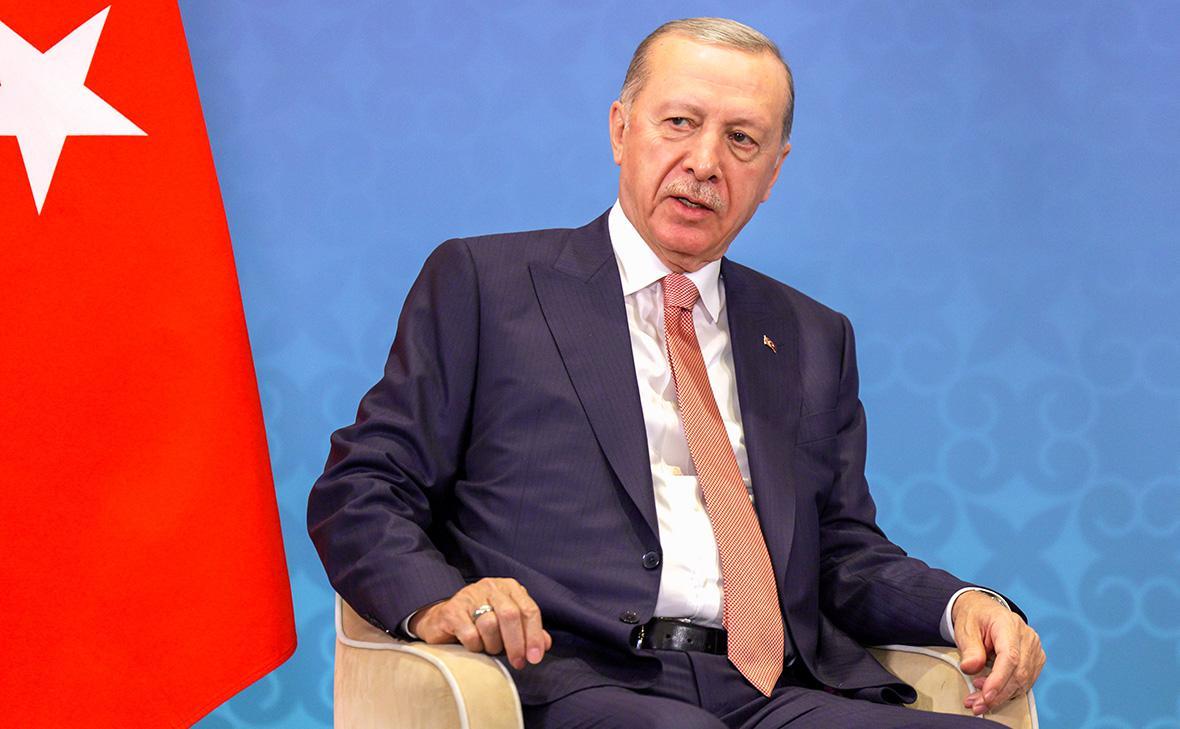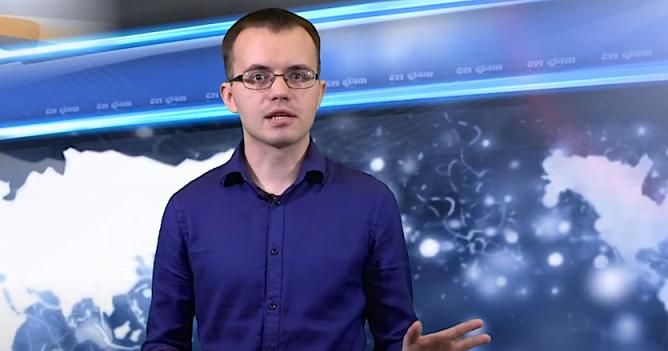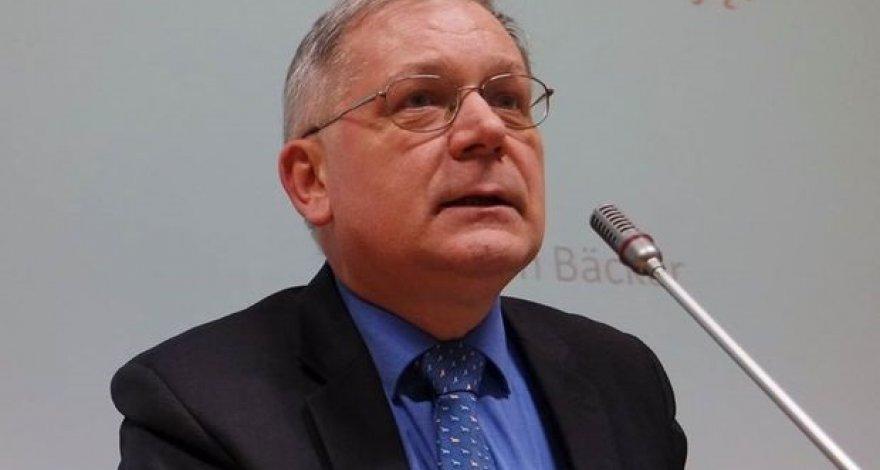UN imperfection: Erdogan's UNSC reform proposal sparks discussion Expert insights
Turkish President Recep Tayyip Erdogan has called for immediate and significant reforms to the UN Security Council (UNSC). In a message sent to UN Secretary-General António Guterres, Erdogan criticized the UNSC's current structure, asserting that it fails to adequately fulfil its role in maintaining global peace and security.
Erdogan's message emphasized the need for a thorough overhaul of the UNSC to ensure it meets contemporary demands and supports a more equitable international system. "The structure of the UNSC, which is far from fulfilling its responsibilities for global peace and security, must be radically changed," the message stated. Erdogan also expressed continued support for those advocating for a just and modernized international system.

The call for reform reflects ongoing concerns about the effectiveness and fairness of the UNSC, which has faced criticism for its inability to address some of the world's most pressing conflicts.
Erdogan has advocated for reforms to the UN Security Council (UNSC) and emphasized the need for African representation in a fair international system. He reiterated his longstanding stance that "the world is bigger than 5," highlighting the insufficiency of the current UNSC structure, which he believes fails to adequately represent global diversity and address modern challenges.
What practical steps could reshape the UN Security Council to make it more effective and representative? Turkish President Recep Tayyip Erdogan has proposed that expanding the permanent membership of the UNSC — currently occupied by the five nuclear-armed states — could address its deficiencies. He has consistently argued that the current structure is outdated and does not reflect the global balance of power.
To explore potential reforms, Caliber.Az has consulted with leading international experts. These specialists will offer their perspectives on how to enhance the UNSC's functionality and inclusivity, aiming to provide actionable solutions for its reform.

American political scientist Andrew Korybko argues that real reform of the UN Security Council (UNSC) will only occur when the five permanent members (P5) reach a consensus on new members and the process for their inclusion.
Korybko notes that while all P5 members agree on the necessity of reform and support the inclusion of African representation, disagreements persist on which African entity or country should be granted a permanent seat. He raises questions about whether the African Union (AU) could hold a seat on behalf of the continent or if it should be rotated among individual countries like Egypt, Ethiopia, Nigeria, and South Africa.
Moreover, Korybko highlights that other aspirants such as Brazil, Germany, India, Indonesia, and Japan might feel slighted if an African representative or the AU is admitted before them. He points out that the P5 members have national interests that influence their positions. For instance, Russia supports India’s inclusion but faces resistance from China, which has historical tensions with India and a rivalry with Japan. China also opposes Japan's accession due to past conflicts and its desire to avoid a repeat of World War II scenarios.
Additionally, the geopolitical rivalries between Russia, China, and Western nations will impact how new members are integrated, as each bloc considers how changes might shift the balance of power within the UNSC, independent of external pressures from prospective members or other countries.
Korybko also argues that the current crisis in international relations isn't due to a lack of representation among the permanent members of the UNSC.
He points out that the real issue lies in the inability of these members to reach agreements on critical matters. Adding more countries with veto power could further hinder problem-solving efforts rather than help. The challenge is compounded when permanent members face accusations of international law violations, making enforcement difficult.
The UNSC's inherent limitations were evident when the US invaded Iraq and when Russia initiated its special operation in Ukraine. Both sides claimed legal justification for their actions, and while coalitions like the US-led group formed to impose sanctions on Russia and support Ukraine, Russia argues that such actions lack legitimacy without UNSC approval.
"The reason why the world is currently so unstable is that the unipolar hegemony of the United States has irreversibly declined and a fully multipolar world order has yet to emerge in its wake. Most countries prioritise what their leaders consider their objective national interests at the expense of perceived collective interests, as international trust naturally deteriorates in this hyper-competitive environment. Maintaining or increasing the number of permanent members of the UN Security Council will not change this dynamic," the expert says.
However, he acknowledges the value in leaders like Turkish President Erdogan advocating for UNSC reform, as it highlights the lack of permanent representation for the majority of the global population. While such rhetoric is commendable and addresses a genuine concern, Korybko expresses scepticism about the practicality of implementing these reforms.

Roman Bakker, a Polish analyst and professor at the Faculty of Political Science and International Studies at the Nicolaus Copernicus University of Toruń, observes that Turkish President Recep Tayyip Erdogan’s recent call for reforming the UN Security Council echoes his December 2023 statement.
Bakker acknowledges that Erdogan’s assertion—that the post-World War II world has evolved and now demands a just international system—is broadly accepted. However, he raises critical questions about the specifics of achieving this fairness. Erdogan's primary suggestion, that Africa should have a representative among the permanent UNSC members, leads to complex issues. Bakker questions which African nation should be chosen, pondering whether Egypt would accept South Africa or the Congo would agree to Kenya.
He also questions why India should not be included if an African nation is added and whether Pakistan, an unofficial nuclear power, should also be considered. The criteria for including nuclear-armed nations like Israel, Iran, and North Korea further complicate the debate.
Bakker likens attempts to reform the UNSC structure to creating a perpetual motion machine: an appealing concept, but one that few believe will be practical.








